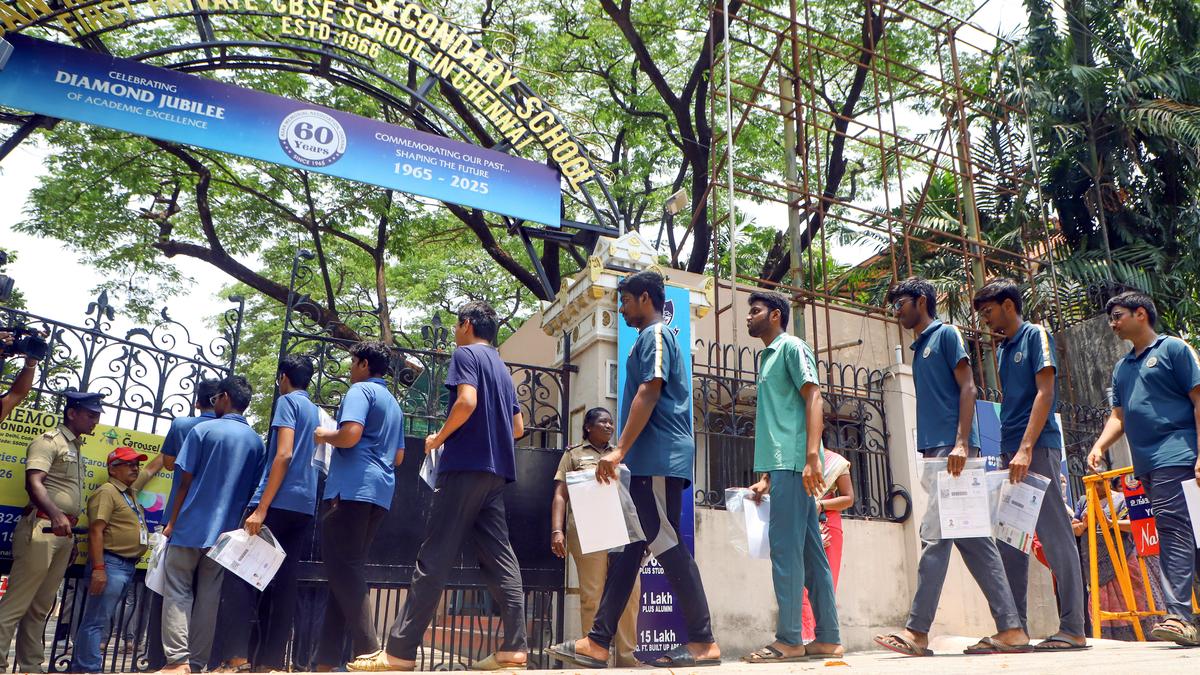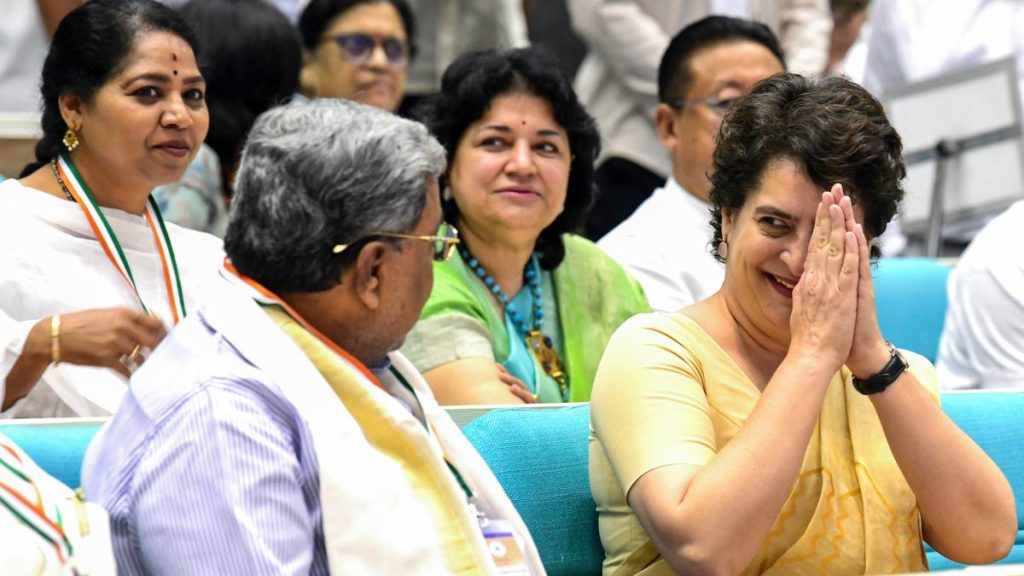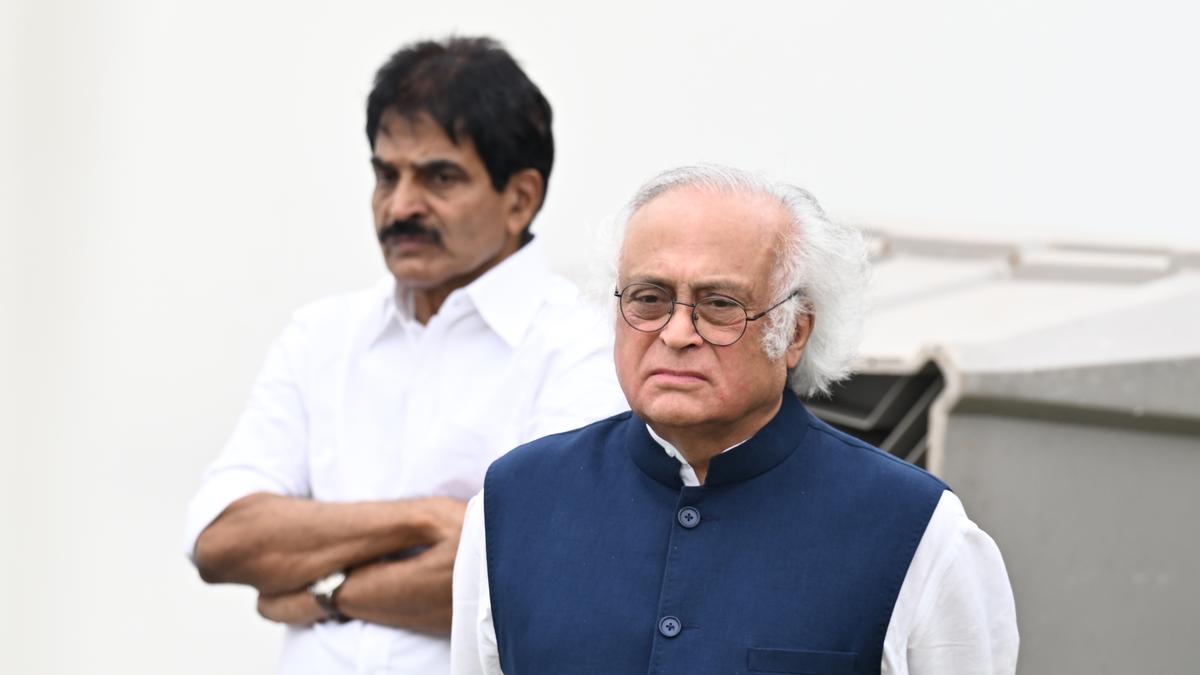Now Reading: Report Calls for Restoring State Autonomy in Health and Medical Education
-
01
Report Calls for Restoring State Autonomy in Health and Medical Education
Report Calls for Restoring State Autonomy in Health and Medical Education

Quick Summary
- A report by Ezhilan Naganathan, MLA and State Planning Commission member, highlights concerns over the increasing centralisation in India’s health and medical education sectors.
- The report was submitted to Tamil Nadu’s High-Level Committee on Union-state Relations.It identifies six key areas where Union government actions limit state autonomy:
1. Medical Education: Shifted from State List to Concurrent List, causing policy-implementation gaps. recommendation includes restoring medical education to the State List for exclusive control by States.
2. National Medical Commission (NMC): Criticised for reducing States’ role in curricula and examinations; calls for abolishing NMC and reinstating Medical Council of india (MCI). NEET exam is flagged as favouring CBSE/NCERT syllabus and disadvantaging government school students while boosting coaching industries.
3. Organ Transplantation Programmes: Centralisation through NOTTO criticised; recommends retaining State-driven organ allocation for intra-State cases while limiting NOTTO’s role to inter-State sharing only when necessary.
4. Drug Regulation: Notes limited flexibility for States due to center’s oversight via drug regulatory authorities like CDSCO.5. Centre-Funded Health Schemes & Standardisation: Critiques uniform parameters that fail to reflect regional health priorities or socio-economic conditions of disadvantaged populations.
6. Cultural Centralisation: Highlights issues wiht standardising health dialog campaigns that undermine linguistic diversity, regional practices, and identity.
The report warns centralised policies risk undermining efficiency by ignoring local needs while urging institutional support that empowers States financially and operationally.
indian Opinion Analysis
Ezhilan Naganathan’s detailed critique of centralisation in India’s health sector touches upon critical governance issues surrounding federalism within healthcare policymaking-a domain directly affecting citizens’ well-being across diverse regions of India.
By advocating a return of certain powers like medical education back entirely under the purview of state governments, the report aligns itself with constitutional principles meant to safeguard regional autonomy amid India’s diversity-driven challenges-be it population demographics or healthcare infrastructure disparities among States.While concerns such as cultural standardisation or impacts on socio-economically weaker populations resonate strongly within broader Indian debates on equity, practical implementation woudl require navigating administrative cooperation between Centre-led national systems like NEET/NOTTO/NMC-which arguably ensure basic uniformity-and robust decentralised mechanisms ensuring tailored service delivery per specific needs across states like Tamil Nadu pioneering models themselves innovative pilot templates workable federalize dialogue moving forward balanced economic long-spun partnership intent onwards worth focus exploring Read source article available[For further reference more-click archived link Hindu above ]
























